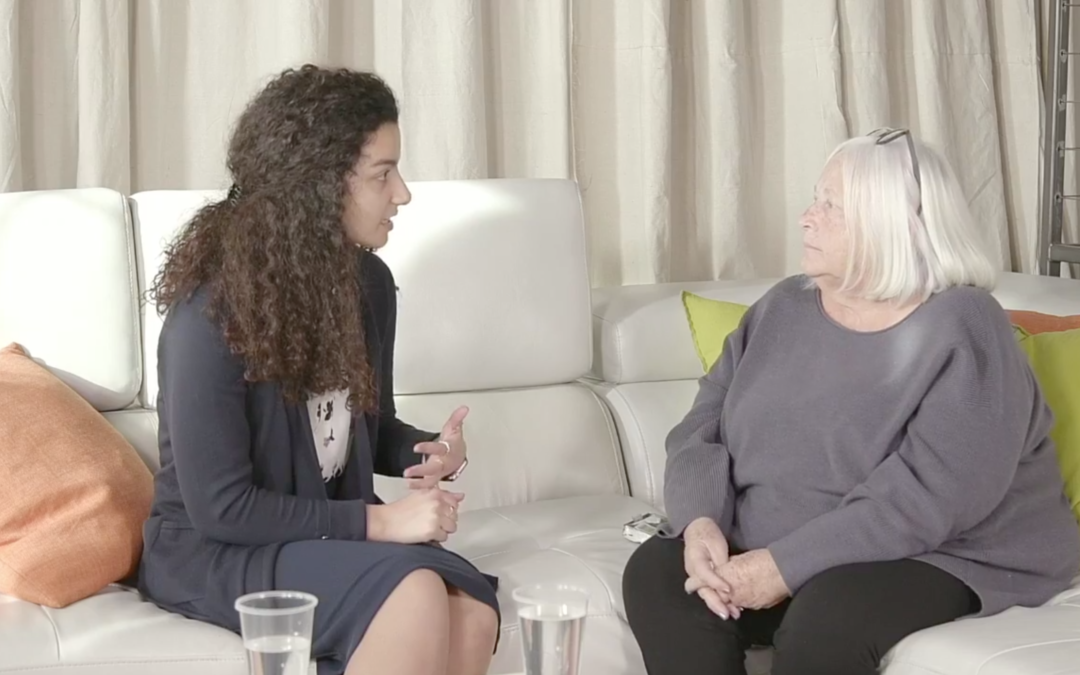
New Year, New Heights
New Year, New Heights
It’s time. Our university is ready to move into the higher echelons of public universities. Our impact reaches beyond our state into the whole country and the world.
We have the honor and privilege of being on the front lines of many exciting advances. We are being acknowledged as a leader in treating HIV, ebola, and other deadly infectious diseases.
The Innovative Campus at UNL is developing a system that will allow general surgeons in small hospitals across Nebraska to do specialty surgeries that would otherwise require a long trip to a larger medical center. This increased access to life-changing surgeries has a ripple effect in rural communities.
At the same time we are seeking answers to Parkinson’s, cancer, and antibiotic resistant viruses – one of the greatest modern threats to humanity.
This research touches all our lives, and the lives of those oceans away.
On the agricultural front we are doing dynamic research that offers new and more efficient ways to manage crops and animals. These are just some of the ways our university is working to change the world.
All of this requires a leader that can understand, support, manage, fundraise for, and unite all the campuses of the university.
I believe in Ted Carter’s ability to be that leader, but I would be remiss if I didn’t acknowledge the presence and work of our Interim President Susan Fritz. She stepped up to keep the university moving and preparing for a new leader. She knew that an inside candidate (someone working in NU) often discourages candidates to apply and so she took the interim position understanding she would not be considered.
She took this job and made it her own.
A leader in her own right, she initiated the first tailgate party for the women’s volleyball team. She has supported the work of building databases of longitudinal data so we’re planning from a place of meaningful statistical analysis. She is great at bringing different constituencies together to enrich our work.
Susan also created the Big Ideas project to challenge faculties on all of our campuses to think about big ideas that would move their research and teaching to new levels of excellence. The faculty on all campuses have responded with great enthusiasm and excitement. Leadership comes in all shapes and sizes, all genders, cultures and backgrounds.
Susan has been amazing and will be missed. It is my hope that we can continue to involve her as the university moves into the Ted Carter era.
The Board of Regents is committed to working with Ted to ensure he has the resources to accomplish our most ambitious goals. We are excited about the possibilities ahead and cannot wait to get to it.
*Barbara’s thoughts as written by Kate based on weekly (fascinating) conversations.




